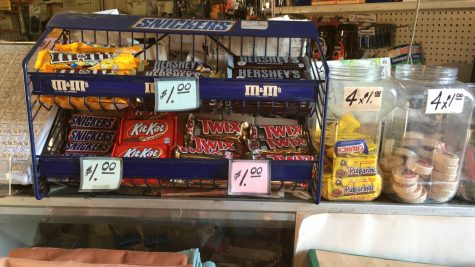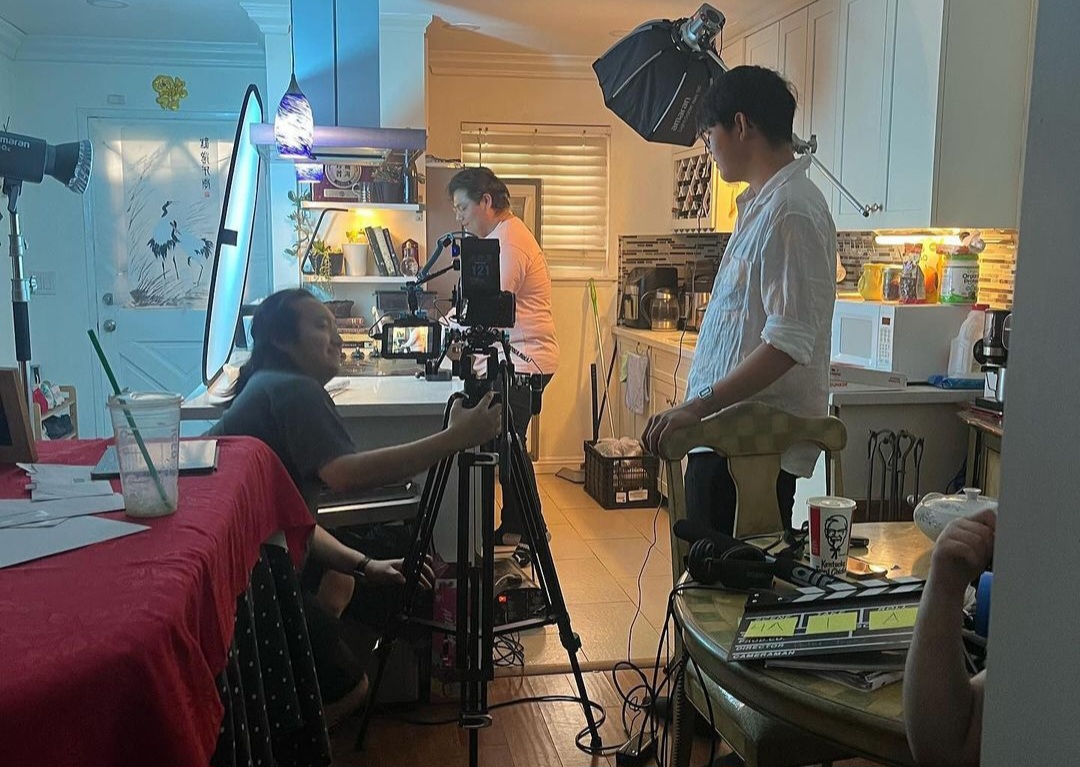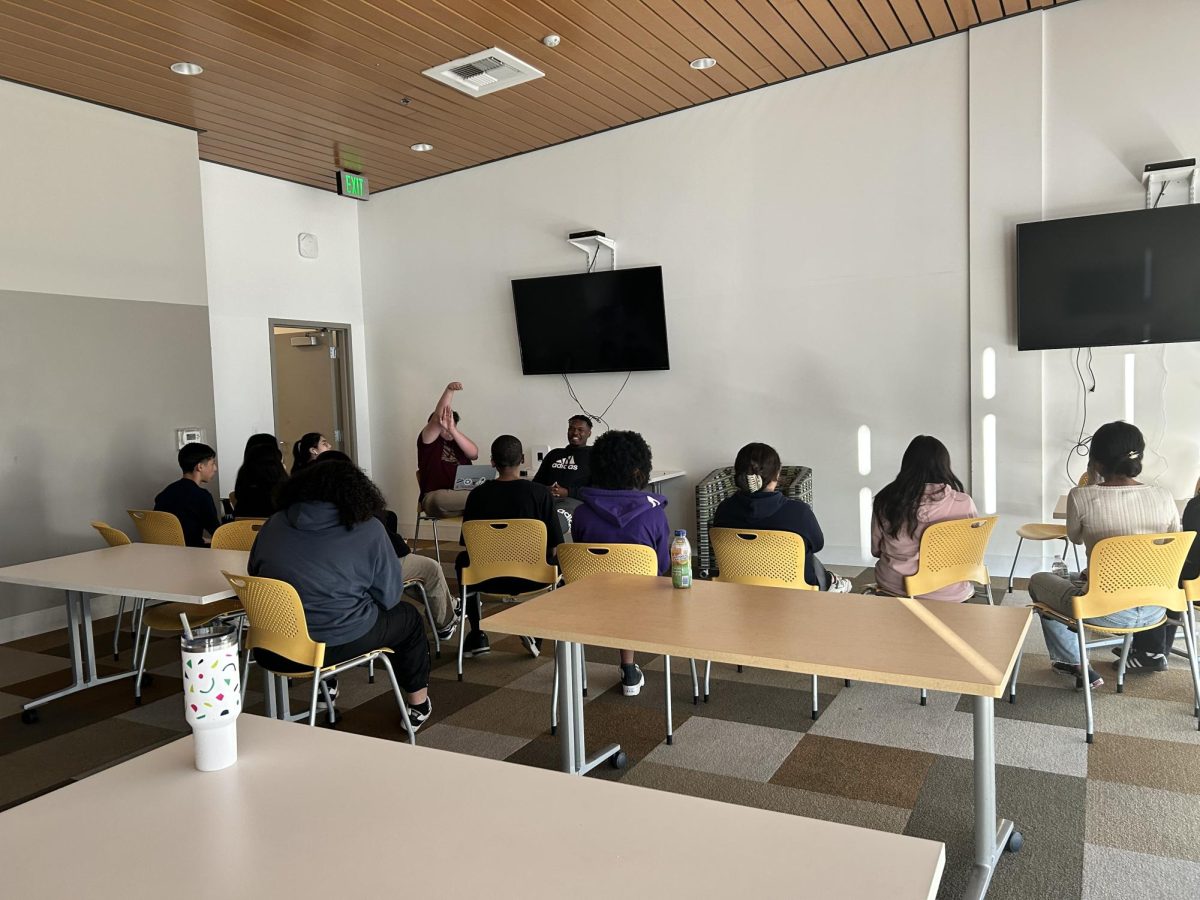Cashless restaurants are increasingly popular in the Los Angeles dining scene and the decision to go cash-free by some restaurants in L.A. and other cities has been criticized and explored by journalists at Eater, Los Angeles Magazine, and the New York Times.
The emerging trend of card-only payment streamlines operations for owners but can exclude low-income customers who tend to pay with cash.
Some business owners say credit card transactions work for most of their customers and avoid issues that may surface with cash — such as miscounting or theft.
Others say they want their businesses to be inclusive and don’t want to limit payment options for anyone.
Local business owners Royce Burke of Yarrow, Chad Colby of Antico, Eric Yi of Tactile Coffee and others shared answers to common questions about the cash-free movement.
Why do some businesses offer both?
Yi said he doesn’t want to limit customer options.
“It’s a small transaction, $3 to $5, so people have that in their pocket. There’s no reason why we shouldn’t take it,” said Yi, whose coffee shop is in Rampart Village.
Burke, chef of Yarrow in Park La Brea, said he has a similar reasoning.
“At the end of the day, I am in the business of hospitality. I try to be sensitive to my environment and cater to the neighborhood when it comes to payment,” he said. “I offer card at Yarrow because I am in an affluent neighborhood that customers want to use card but there are also older people in the area who want to pay cash, which I also accept.”
Are card-only businesses classist?
“There should be room for people to offer specialty products,” Burke said.
At the same time, Burke said a restaurant should be sensitive to the needs of its neighborhood and clientele.
He added that respecting the bottom line is necessary to keep a business open and that is different for each business. Card-only is a choice that reflects a business’s style of service. Just as patrons can decide where to spend money, business owners should be able to determine what is best for them, he said.
“I never thought of the notion that credit card was a deterrent for entry into the restaurant,” said Colby, who is the chef of Italian restaurant Antico in East Hollywood. The restaurant, which only offers dinner, ends up costing about $50 per person, so having credit cards as an option is key.
“I think it’s an important part of hospitality not to challenge someone when they are trying to pay you. Not to make someone feel bad because they intended on paying but can’t in that moment because they are put on the spot to accommodate how you take money if it is outside of normal expectations,” he added.
Why would a business want to operate without cash?
“Cash is cash. The difference is not paying the processing fees, which also takes two to three days after the payment. Problems with accepting cash is having to hold it, have it in a safe, send someone to the bank, have an armored car. Cash gets lost in transit,” Colby said.
In any case, a restaurant’s menu can help people understand the prices and offerings. A food business that is open to the public should have a menu visible and accessible for potential customers to help them decide if they can afford it.

What are some downsides of accepting credit cards?
“Each swipe requires a fee… When you have a card, it shrinks the profit [by about] 20 to 25 percent. It’s convenient for people because some people have no money and want to buy with a card,” said Moses, a business owner in Historic Filipinotown. He has had a pizza restaurant for 22 years and now has a corner shop.
He said he only accepts cash because of his customers: “They use cash because they are poor… No credit cards because they have bad credit or low credit. They don’t have a bank account.”
He added that he used to take credit card payments but had bad experiences because of the high fees and delays in payments.
What are some downsides of accepting cash?
Employees may feel less safe because of possible robberies and owners may lose money if there is poor accounting or theft by employees, experts say.
Business owners say cash can also create a lack of transparency. For instance, it can lead to problems when they get audited because there is less electronic documentation of what was spent and how much went to taxes, etc.
Correction: Updated June 1 to correct the spelling of Eric Yi’s name.
Community News reporters are enrolled in JOUR 3910 – University Times. They produce stories about under-covered neighborhoods and small cities on the Eastside and South Los Angeles. Please email feedback, corrections and story tips to [email protected].






